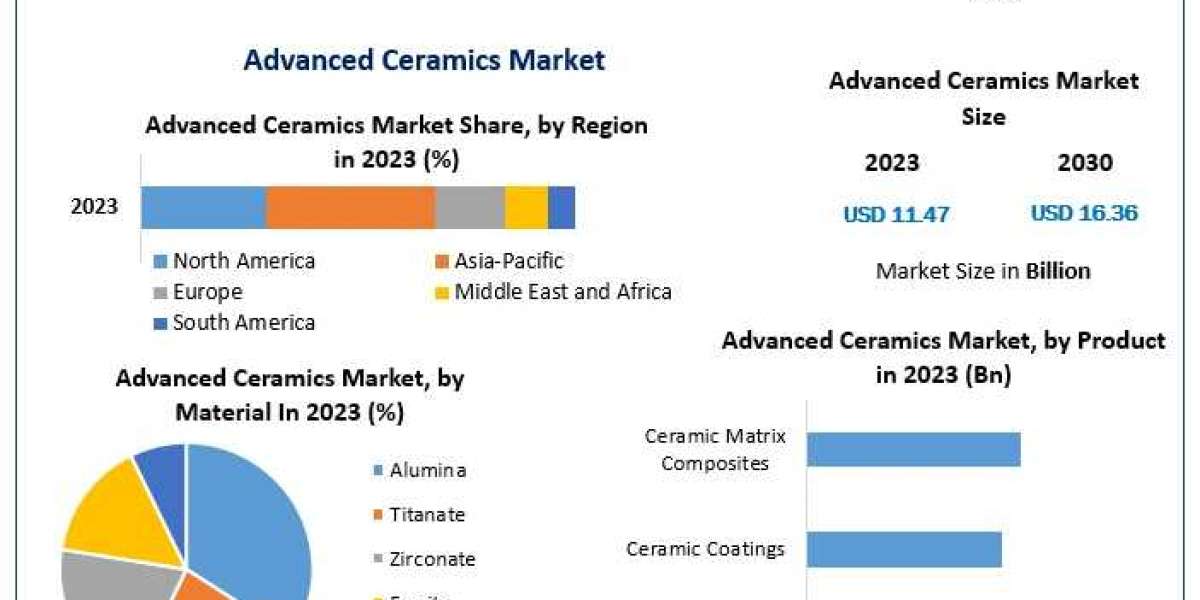In the world of composite manufacturing, Prepreg Moulding is a highly effective and versatile process used to create strong, lightweight components with superior mechanical properties. At Datum Advanced Composites, located in Kanpur, we specialize in the production of advanced lightweight composite products, utilizing cutting-edge prepreg technology. Our expertise in Prepreg Moulding allows us to deliver high-performance parts for industries ranging from aerospace to automotive, where quality and precision are paramount. In this article, we will explore the top benefits of using Prepreg Moulding in manufacturing.
What is Prepreg Moulding?
Prepreg Moulding is a method that involves the use of pre-impregnated composite materials, where fibers such as carbon or glass are pre-coated with a resin system. These prepregs are carefully layered onto a mould, vacuum bagged, and then cured in an oven or autoclave under controlled temperature and pressure. The resin flows and re-cures during the heating process, resulting in a solid, uniform composite structure.
At Datum Advanced Composites, we excel in using prepreg materials to create components that meet the most demanding mechanical requirements. The precision and control offered by this process make it the go-to method for manufacturing high-performance composite parts.
Benefits of Prepreg Moulding in Manufacturing
- Superior Strength-to-Weight Ratio
One of the most significant benefits of Prepreg Moulding is the excellent strength-to-weight ratio it offers. Prepreg materials are known for being lightweight yet incredibly strong. This makes them ideal for industries where reducing weight is essential without compromising structural integrity, such as aerospace, automotive, and sports equipment manufacturing. By using prepregs, manufacturers can produce parts that are both lightweight and capable of withstanding high levels of stress and impact.
We focus on creating lightweight products that meet the highest standards of strength and durability, helping our clients enhances the performance and efficiency of their applications.
- Precise Resin Control
The prepreg process ensures precise control over the resin content in each layer of the composite material. Since the resin is pre-impregnated into the fibers, manufacturers can achieve consistent results in terms of material distribution, reducing the risk of voids, bubbles, or inconsistencies during the curing process. This level of control results in superior quality composite parts with uniform properties.
Our experience ensures that every component we manufacture using Prepreg Moulding meets the highest standards of quality, with minimal variability in the final product.
- Improved Mechanical Properties
Prepregs are designed to offer enhanced mechanical properties such as increased tensile strength, stiffness, and resistance to fatigue and environmental factors. This makes Prepreg Moulding the ideal process for creating parts that need to perform under harsh conditions, such as in aerospace or motorsport applications. The uniformity of the material’s composition ensures that the finished product can handle extreme loads and temperatures without degradation.
We leverage Prepreg Moulding to produce components with superior mechanical performance, helping our clients achieve high levels of reliability and longevity in their products.
- Reduced Material Waste
In traditional composite manufacturing processes, the mixing and application of resins can result in excess material waste. However, with Prepreg Moulding, the resin content is pre-calculated and applied precisely to the material. This minimizes waste and ensures that the exact amount of material required is used for each part. The efficient use of prepregs not only reduces costs but also supports sustainable manufacturing practices by limiting excess material consumption.
We are committed to optimizing resource use and minimizing waste, ensuring that our manufacturing processes are both efficient and environmentally responsible.
- Autoclave Curing for Enhanced Performance
Prepreg Moulding often involves the use of autoclaves, where additional pressure is applied during the curing process. This pressure, combined with the heat, helps to compress the layers of material, ensuring a flawless finish with fewer defects and higher structural integrity. Autoclave curing allows for a more controlled and precise moulding process, resulting in parts that are strong, durable, and free of imperfections.
We utilize autoclave curing to ensure that the composite components we produce meet the stringent requirements of industries that demand the highest level of quality and performance.
- Customization and Flexibility
Another major advantage of Prepreg Moulding is its versatility. Prepreg materials can be tailored to specific applications, allowing for customization in terms of fiber type, resin system, and laminate design. This flexibility means that manufacturers can create components with unique properties, optimized for their intended use. Whether the goal is to enhance strength, reduce weight, or improve resistance to specific environmental conditions, prepreg materials offer the adaptability needed to meet these challenges.
We work closely with our clients to understand their specific requirements and develop customized solutions using Prepreg Moulding technology.
Applications of Prepreg Moulding
Prepreg Moulding is widely used across multiple industries due to its ability to produce lightweight, high-strength components. Some of the key applications include:
- Aerospace: In the aerospace industry, where weight reduction is critical for fuel efficiency, Prepreg Moulding is used to produce wings, fuselage sections, and other structural components.
- Automotive: Automotive manufacturers use prepregs to create lightweight, durable parts that enhance vehicle performance and reduce emissions.
- Sporting Goods: Prepreg technology is commonly used in the production of sports equipment, such as tennis rackets, bicycles, and helmets, where strength, durability, and light weight are key factors.
- Wind Energy: The wind energy sector relies on prepregs for the manufacturing of turbine blades, which must withstand high stresses and environmental exposure.
Conclusion
Prepreg Moulding offers numerous advantages for manufacturers looking to produce high-performance composite components. From superior strength-to-weight ratios to precise resin control and reduced material waste, the benefits of this process are clear. At Datum Advanced Composites in Kanpur, we are experts in Prepreg Moulding and are committed to delivering advanced composite solutions to meet the needs of a wide range of industries. Our focus on quality, precision, and customization ensures that we remain a trusted partner for high-performance composite manufacturing.

